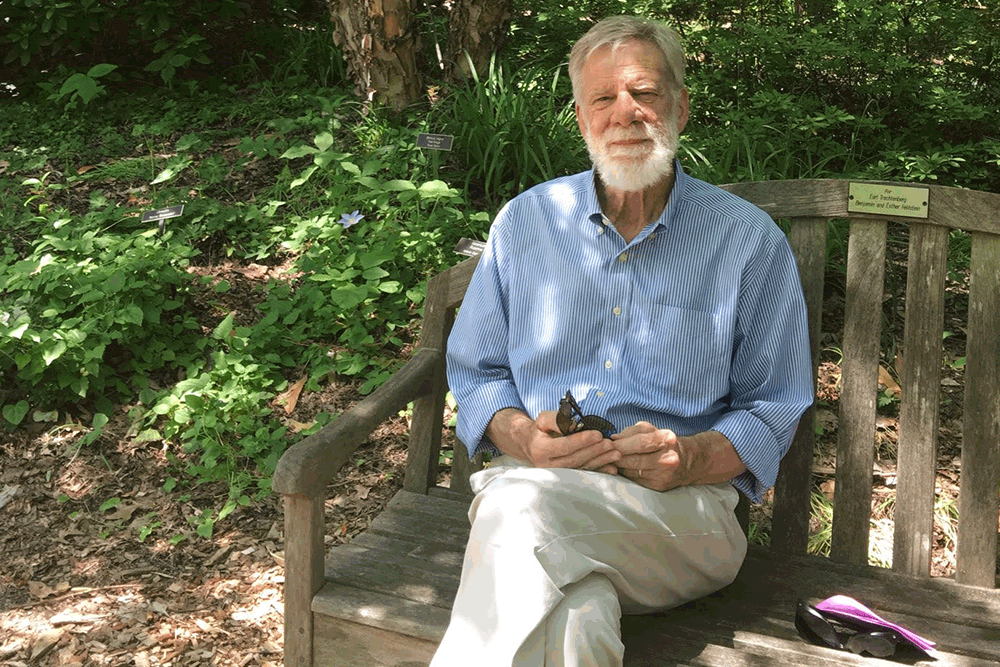Bill Barnes, Who Died Last Week, Strengthened and Deepened a ‘Republic of Conversations’
When we think of ideas that change our lives, we often think of a great genius, a single discovery, a major technological breakthrough. But often the greater role is played by thinkers who bring others together to share ideas, learn, and innovate together.
That is why Bill Barnes, who died last week at age 77, was one of the most influential thinkers about cities and local democracy of the past 40 years. Barnes believed in the power of ideas, and he made them more powerful by creating spaces for people to absorb, criticize, assess, and—on occasion—make fun of them.

In his work as research director for the National League of Cities (NLC), the country’s largest association for local elected officials, Barnes wrote about regional governance, urban policy, municipal finance, and public engagement. He produced his own books, articles, and reports on these topics, but his ability to facilitate other people’s thinking may have been even more important than his own writing. At conferences and in many other settings, he convened hundreds of opportunities for local officials to learn from and with each other.
Barnes called all this exchange a “republic of conversations” among people who care about cities. As it unfolded over several decades it had a profound influence on urban leadership and scholarship. Through the 1990s and early 2000s it propelled regionalism—the idea that metropolitan regions (not just cities, suburbs, and states divided by purely political boundaries) are the fundamental units of our economy.
Thinking regionally has helped officials develop more effective approaches to economic development; it has also helped them more effectively address racial and economic inequities through changes related to housing, human services, and public transit. The FasTracks light- and commuter-rail system in Denver is one high-profile example of regional planning in action; the region-wide land use and development plan for Greater Kalamazoo, Michigan, is one where Barnes played an even more important role.
In recent years, Barnes continued to promote regionalism not as a cheerleader but as a humble, constructive critic. “Regionalism is a means, not an end; it’s a question, not the answer to everything,” he wrote.
Public engagement in local democracy became a key topic of Barnes’ republic of conversations in throughout the 2000s and 2010s. He called it “democratic governance”—better ongoing ways for city officials, staff, and residents to make decisions and solve problems together. The City Futures Panel on Democratic Governance Barnes convened included 30 local officials who explored new methods for public deliberation and collaboration. They also chartered research, tried new tools and practices, and met with the public to understand what kinds of democracy citizens wanted.
To read the article in its entirety, view it on the Zocalo Public Square website.